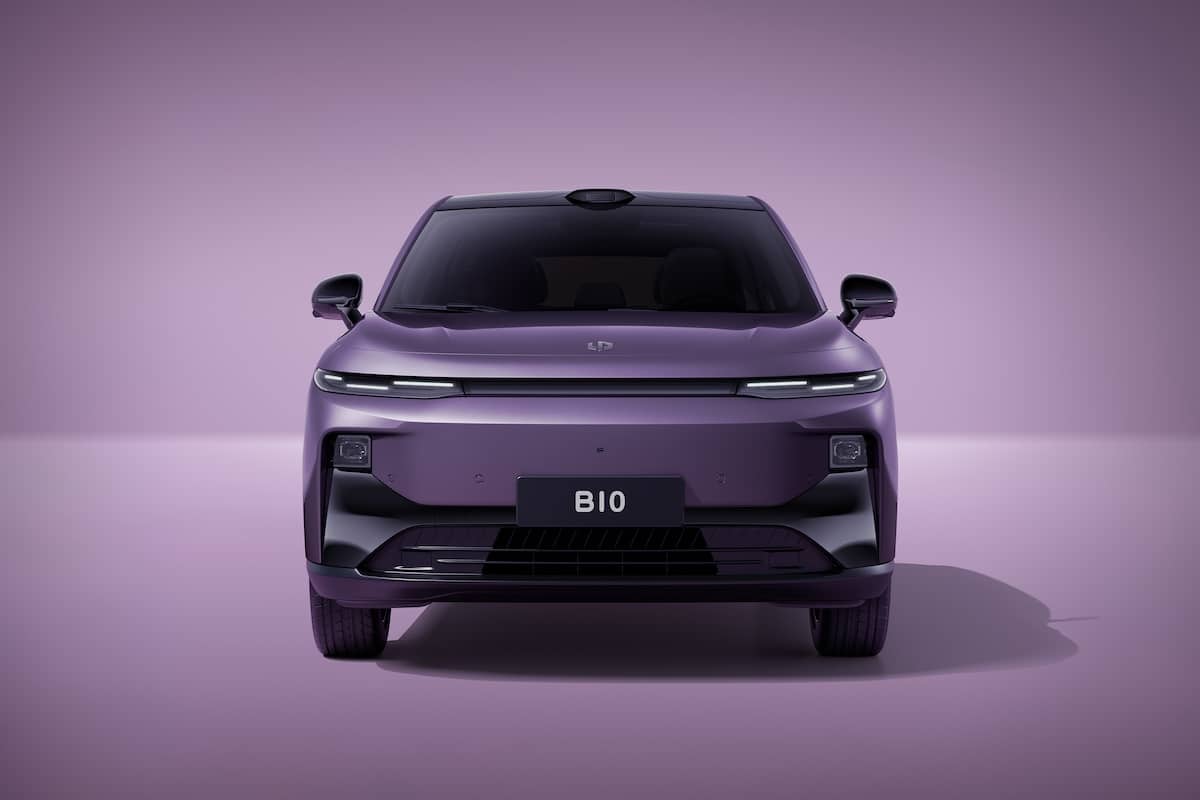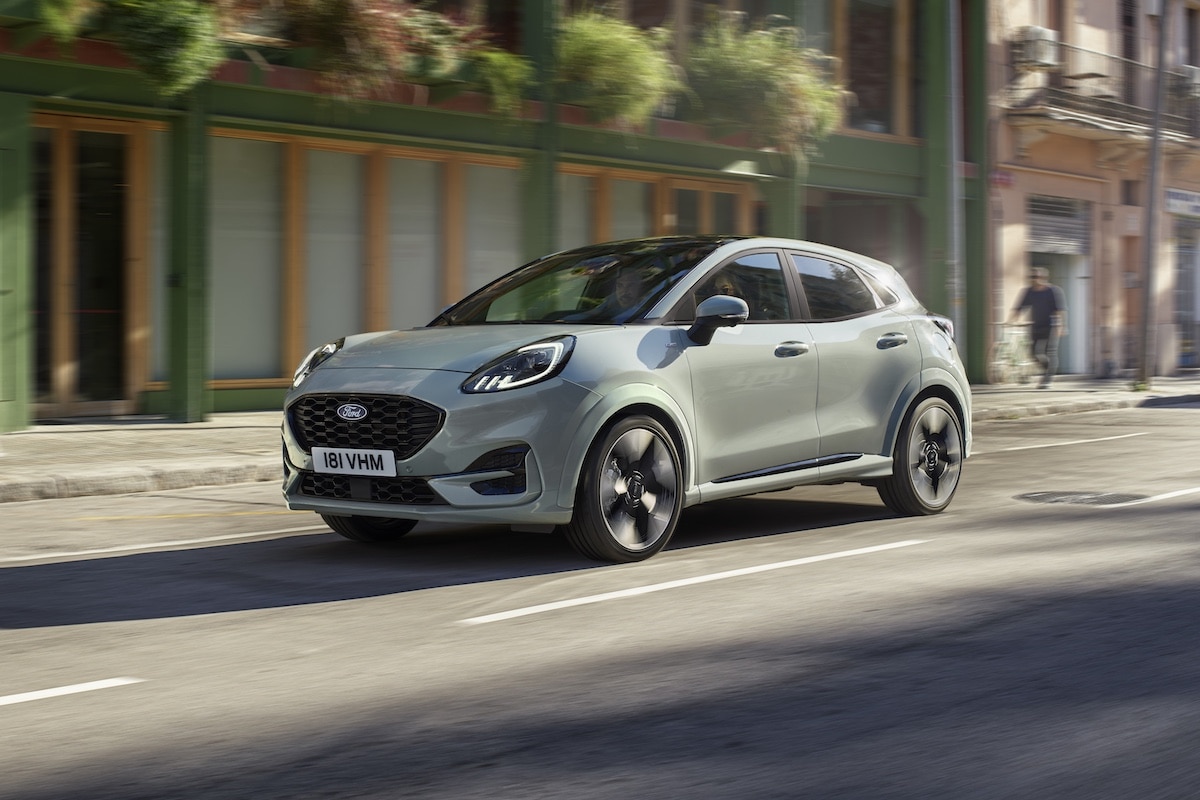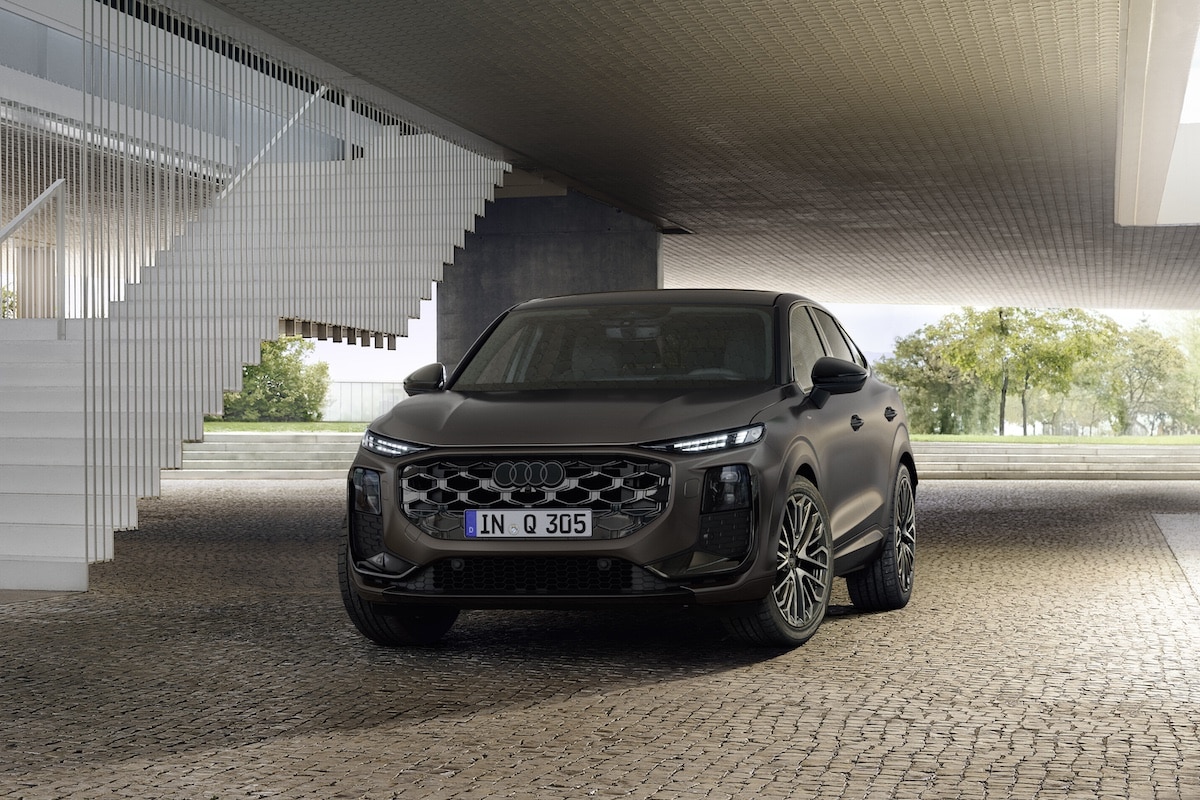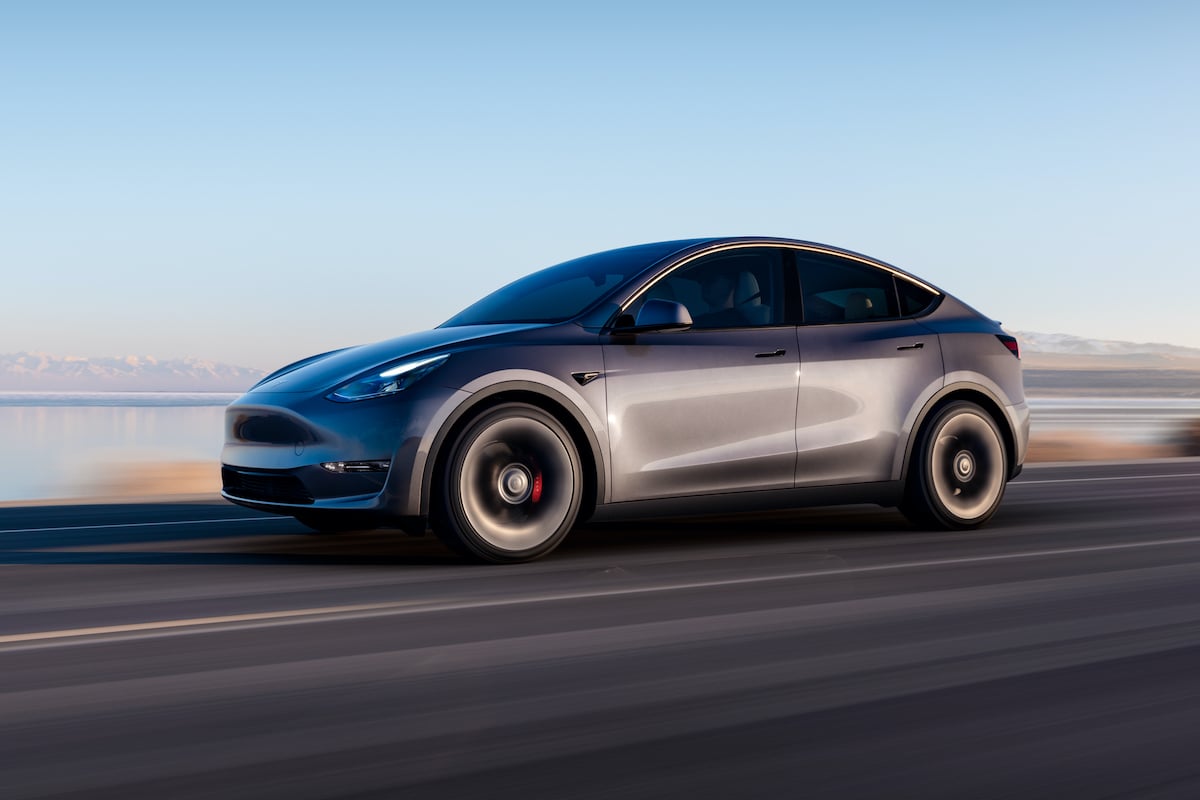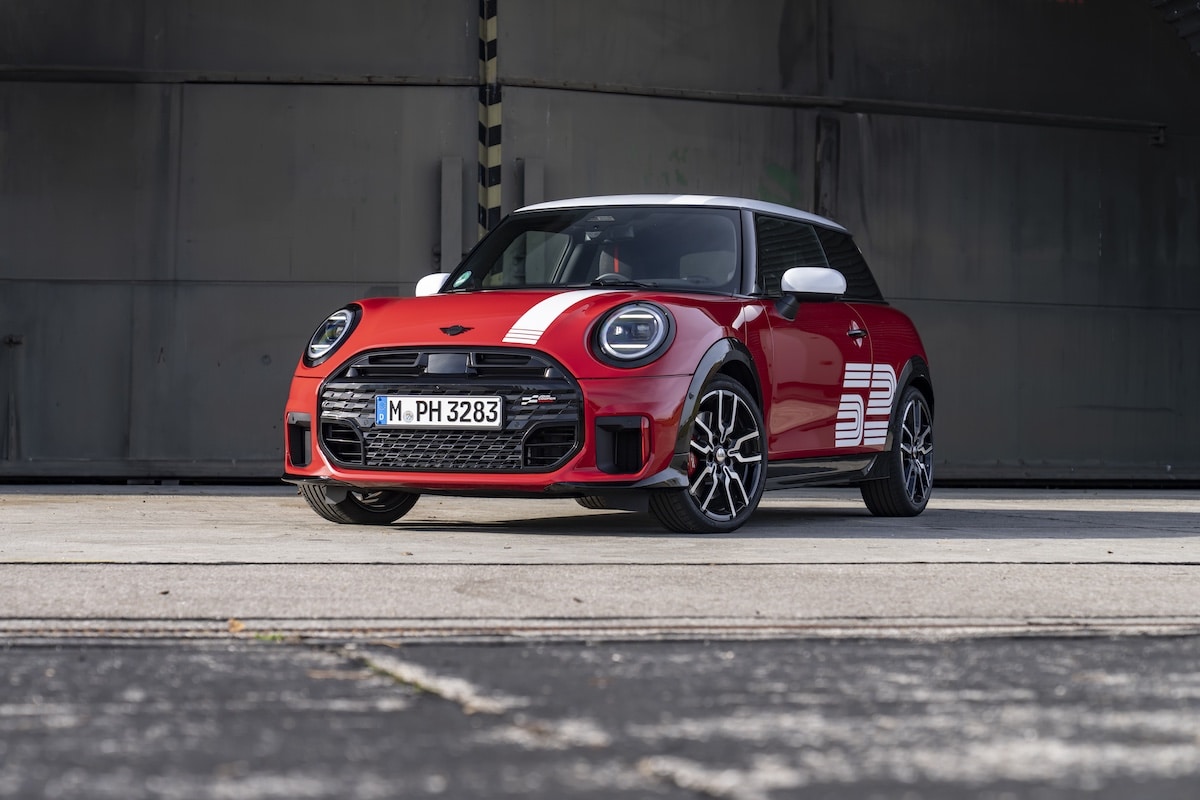Peugeot 3008 Hybrid vs. Electric: Immediate Savings or Longer-Term Benefits?
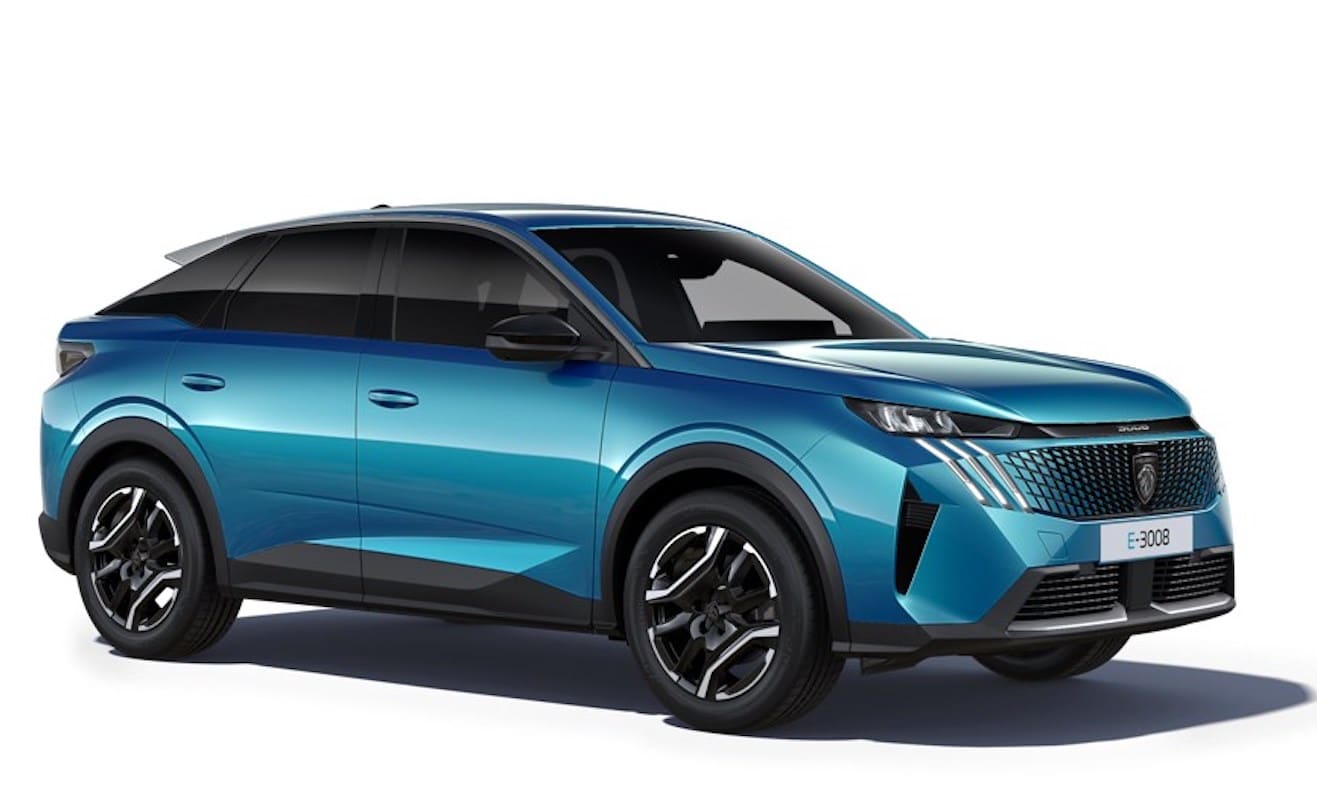
Separated by 3090 euros, the electric and hybrid versions of the new Peugeot 3008 are ultimately about choosing between immediate or future savings.
Before talking about money, let’s see what specifically distinguishes these two versions of the new star SUV from Lion, the Peugeot 3008. In its electric version, it boasts 210 horsepower (155 kW) and 345 Nm of torque delivered to the front wheels. Certainly quite heavy (2183 kg empty), it still offers a decent dynamism. However, beware of early tire wear, which will inevitably affect running costs.
With its eco bonus reduced to 4000 euros in 2024, the E-3008 now starts at 40,990 euros in Allure trim. Its range is listed at 527 km in mixed cycle, roughly 400 km under real conditions.
The gasoline hybrid version is indeed cheaper (37,730 euros with a discount on the Peugeot Store site), but with a 170 euro penalty due to its 123 g of CO₂ emissions per kilometer, the price rises to 37,900 euros. That’s a final difference of 3090 euros for the same equipment in Allure trim.
| Peugeot E-3008 Electric | Peugeot 3008 Hybrid | |
| Price | 40,990 € (bonus deducted) | 37,900 € (including penalty) |
| Power | 210 hp (157 kW) | 136 hp (100 kW) |
| Torque | 345 Nm | 230 Nm |
| 0-1000 meters acceleration | 29.8 sec | 32.5 sec |
| 0-100 km/h | 8.8 sec | 10.2 sec |
| Top speed | 170 km/h | 201 km/h |
| Emissions | 0 g CO₂/km | 123 g CO₂/km |
| Bonus or Penalty | -4000 euros | +170 euros |
| Consumption | 16.7 kW/100 km | 5.5 liters/100 km |
| Dimensions | 4542 / 2108 / 1665 mm | 4542 / 2108 / 1665 mm |
| Trunk capacity | 520 liters | 520 liters |
| Weight | 2183 kg | 1648 kg |
Which is more economical?
As previously assumed, this comparison ultimately pits two approaches against each other: savings at purchase or during use. To analyze this, we need to perform some calculations based on assumptions.
Cost per 100 km. Peugeot promises a fuel consumption of 5.5 liters per 100 km, but we find this somewhat optimistic. Let’s assume instead 7 liters, which amounts to about 12.25 euros per 100 km if a liter of SP95 costs 1.75 euros.
The electric version, with its 16.7 kW per 100 km, also seems idealistic considering its hefty weight. Let’s estimate around 18.5 kW, roughly 4.65 euros per 100 km at a current rate of 0.2516 euros per kWh in February 2024.
In the end, there is a difference of 7.6 euros between the two powertrains for every 100 km traveled.
Mileage needed to offset the additional purchase cost.
The simple mathematical formula is: (Price difference / Savings per 100 km) x 100. Which gives (3090 € / 7.6 €) x 100.
This results in a final mileage of approximately 40,658 km in energy cost terms. This calculation could be slightly skewed by the maintenance savings expected from an electric vehicle during servicing every two years or 25,000 kilometers. Also, it’s now possible to recharge for free at various locations (supermarkets, hotels, restaurants…), while you will never get free gasoline. Lastly, if you charge overnight with an attractive electricity plan, the price per kWh will be significantly lower.
The key takeaway is that an electric car is now amortized faster than a diesel was in the past, when the extra initial cost often required 80,000 km to become worthwhile.
Conclusion
At Mobiwisy, it is believed that switching to electric is the right choice. It is essential to keep pace with your time, especially when the driving comfort on a daily basis is significantly better.
ALL THE PEUGEOT NEWS
This page is translated from the original post "Peugeot 3008 hybride vs électrique : économies de suite ou plus tard ?" in French.
We also suggestthese articles:
Also read
